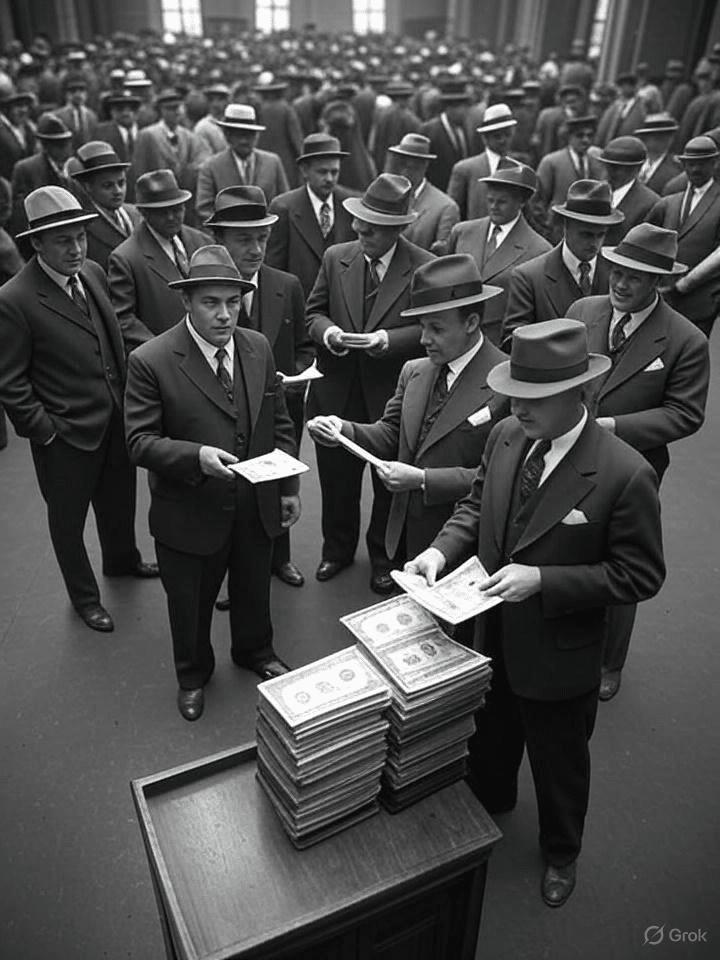
Question: How would you describe, in your own words, what you were looking for with Bitcoin and what do you notice has changed?
Satoshi, or not: I sought a system of electronic money that operated where the rules were clear, auditable, and durable enough to withstand censorship and manipulation. Essentially, a network that allowed individuals to move value with freedom, reasonable privacy, and without prior permissions. However, what I see now is a fork between that vision I created and the dominant use that many have given to the technology.
Today it is more of an investment asset and a speculation instrument, and in some cases, a driver for incentives that feed off volatility and marketing.
Question: Many say that Bitcoin has become a refuge against inflation and a store of value asset. What do you think of that shift?
Satoshi, or not: I do not deny that there are those who find value in that function. But if the motivation declines to use BTC as a means of exchange for daily payments, we are distorting the original purpose. The network was conceived to facilitate transactions between people without depending on a trusted intermediary. If attention shifts to price charts and derivatives, we could lose sight of practical utility: low costs, verifiable confirmation times, and freedom of movement of value without censorship, and fall into the old game of speculators from the past, who are no different from those today.
Question: Do you think decentralization is eroding? Where do you see the greatest risk?
Satoshi, or not: The most evident risk is the concentration of power with different actors controlling nodes, exchanges, custody services or ETFs. If a few entities manage liquidity like financial funds, etc... The user experience or the ability to govern the network erodes, and with it the promise of individual autonomy. The growing complexity is also concerning: when only a few understand the advanced tools, adoption is restricted to those already in, leaving out many potential users (people).
Question: What solutions would you propose to maintain the freedom you sought?
Satoshi, or not: Continue to promote modularity and interoperability. Drive scalability improvements without sacrificing decentralization: layer 2 tools, lightweight payment protocols, and open standards that enable efficient trading and remittance. Strengthen education so that more people understand what financial freedom means. Diversify the ecosystem to avoid dependencies on a single cloud, exchange, or custody service, as these would only be akin to a broker from the old days. And, above all, maintain vigilance over security and the veracity of the rules: the code and network validation must continue to speak for themselves.
Question: What final message would you leave to the crypto community and regulators?
Satoshi, or not: I was looking for a system of electronic money that operated where the rules were clear, auditable, and sufficiently durable to withstand censorship and manipulation. Essentially, a network that allowed individuals to move value freely, with reasonable privacy and without prior permissions. However, what I see now is a fork between that vision I created and the dominant use that many have given to the technology.
To the regulators; look for frameworks that protect people without stifling innovation or centralizing control. The goal is a network that works as the original promise...decentralized, resistant to censorship and open to participation from all, where freedom resides.
I hope you understand the intent of this post (article)...a greeting 🙋
